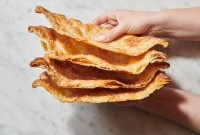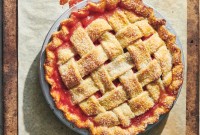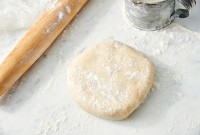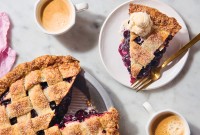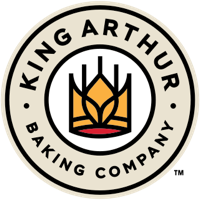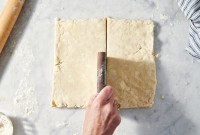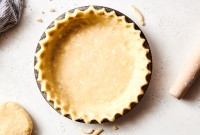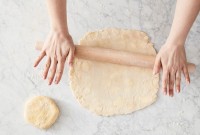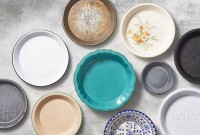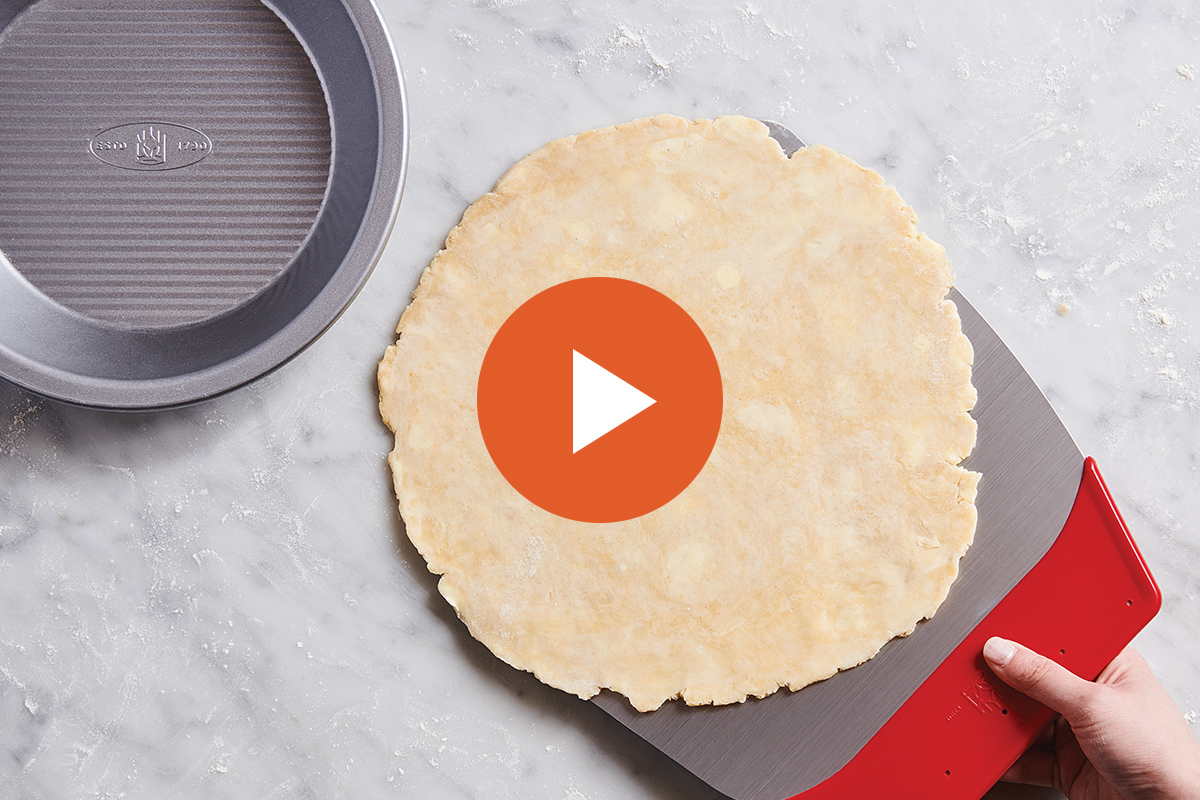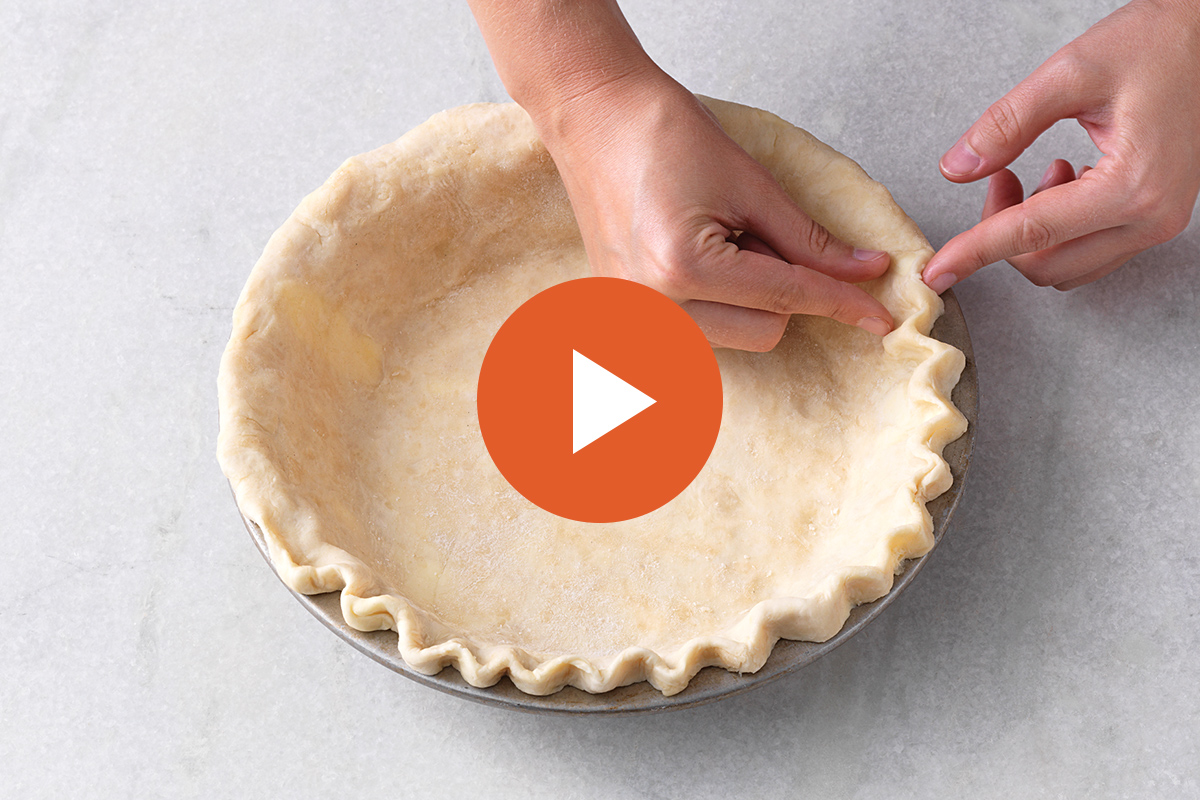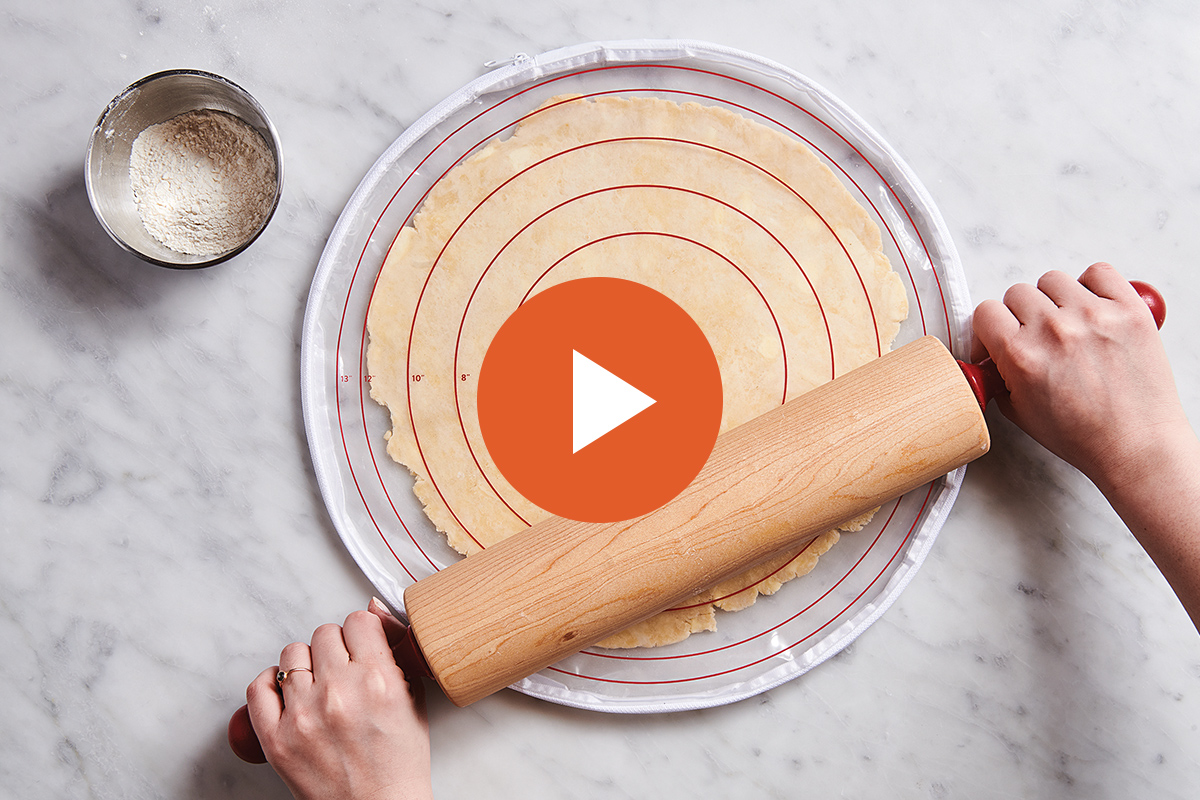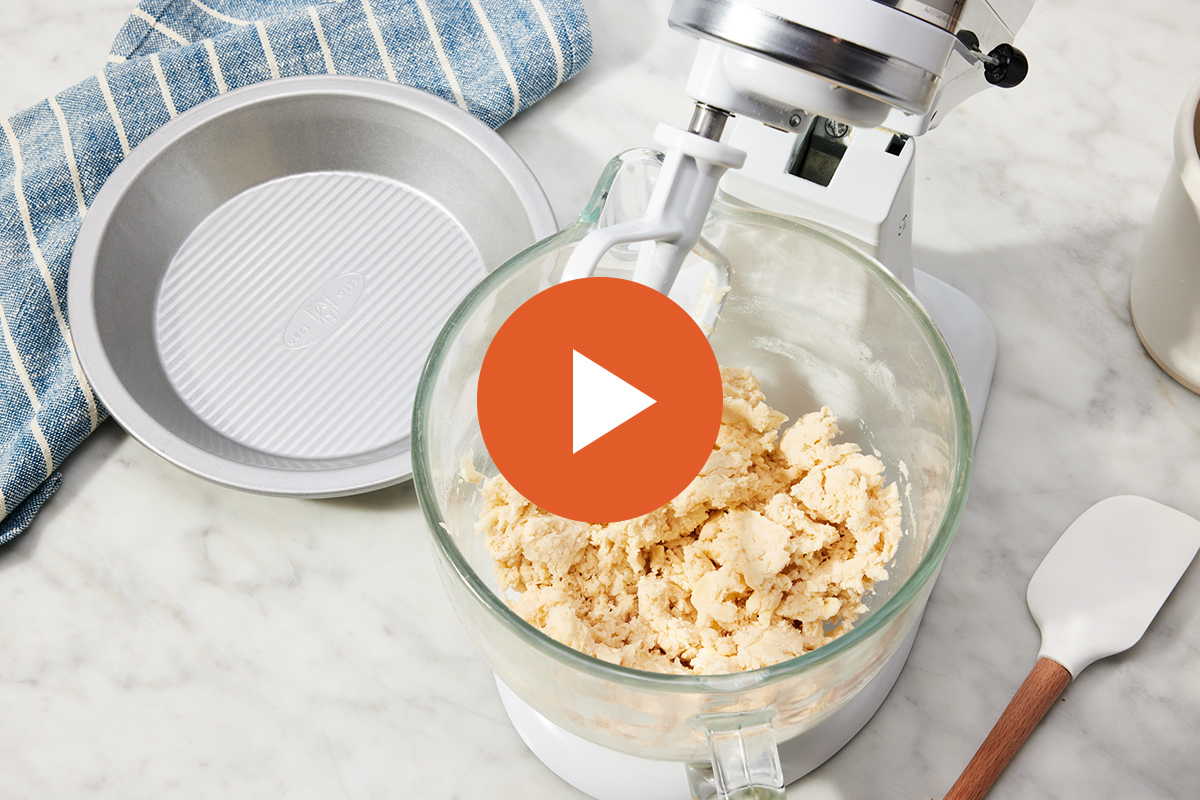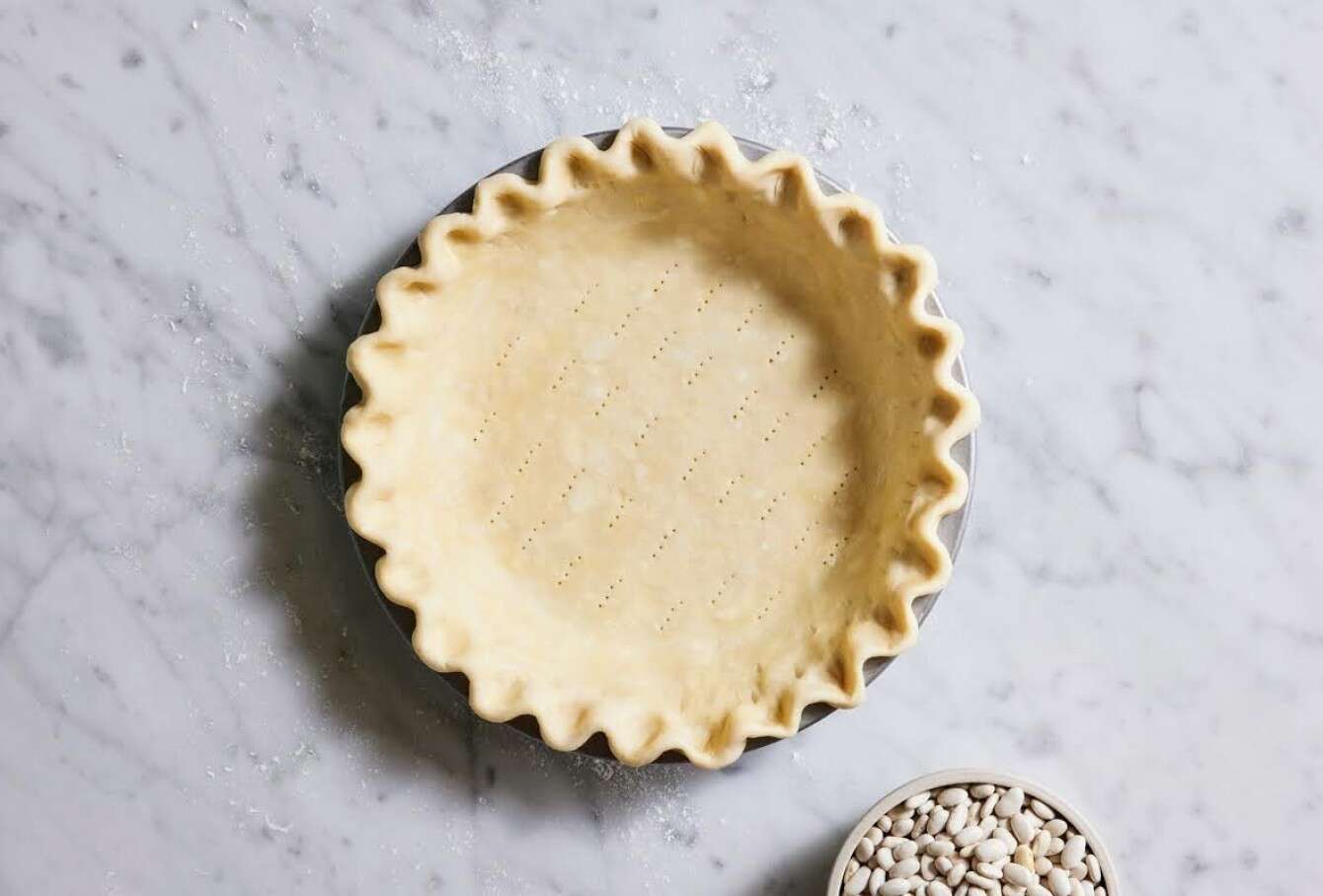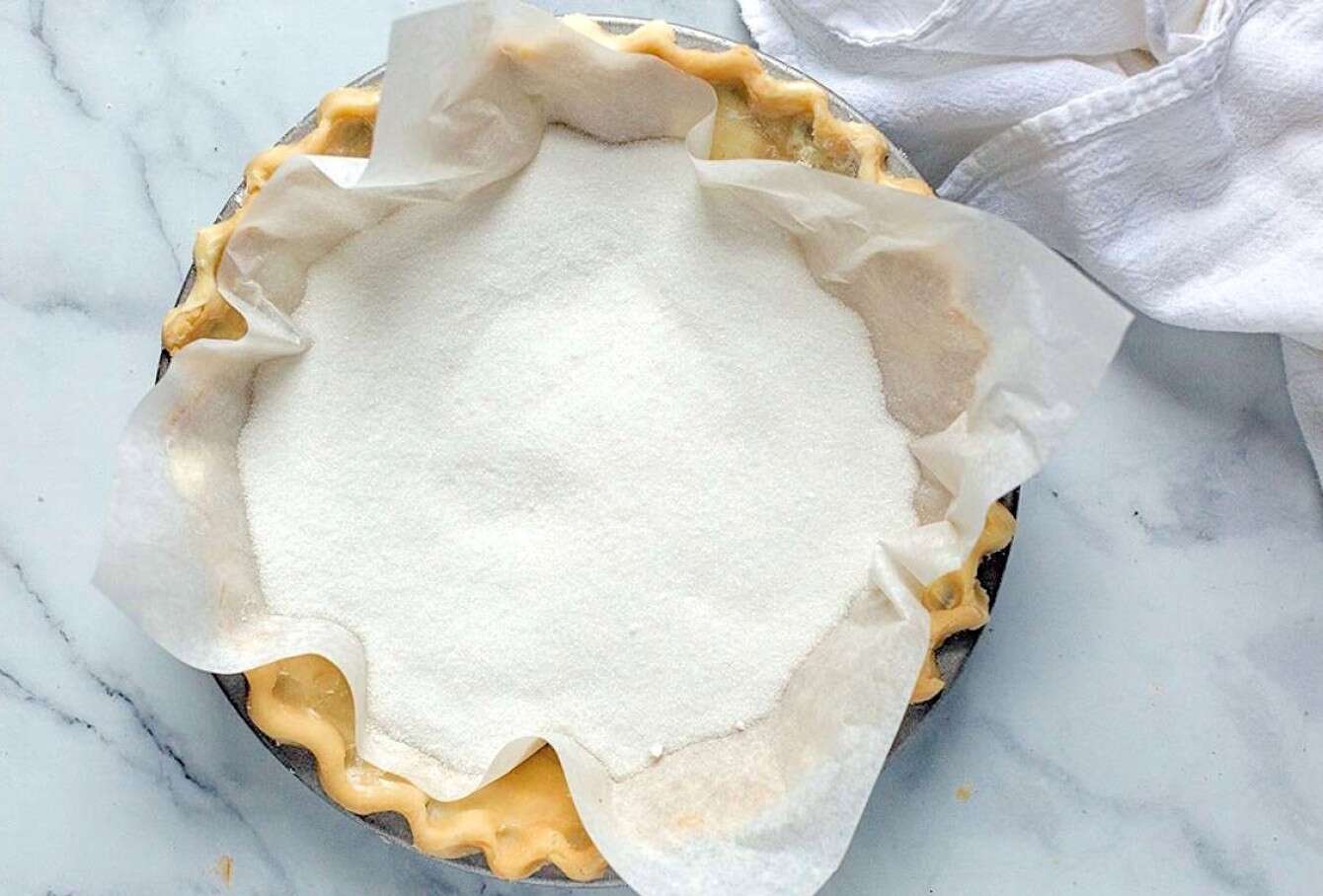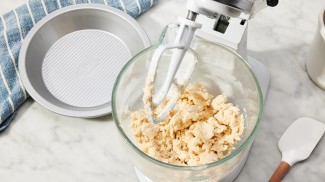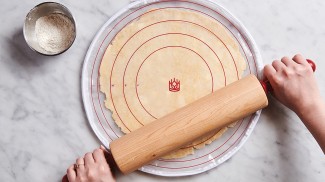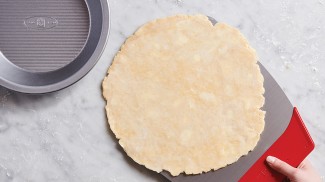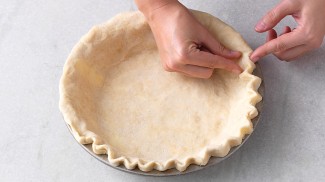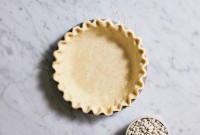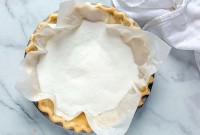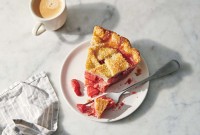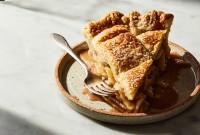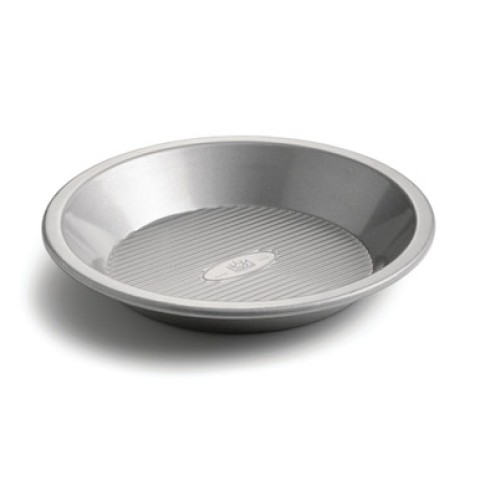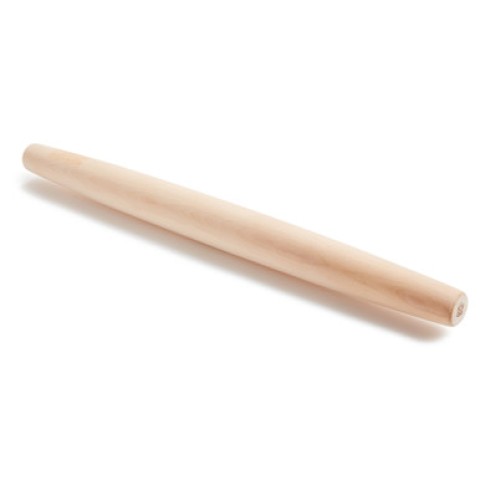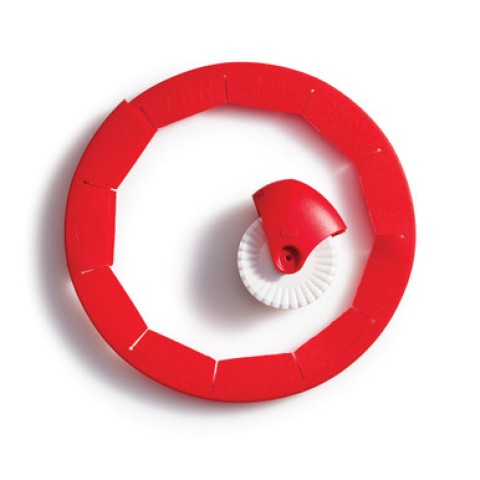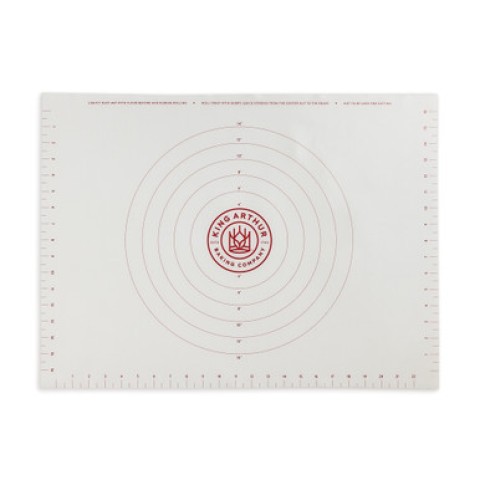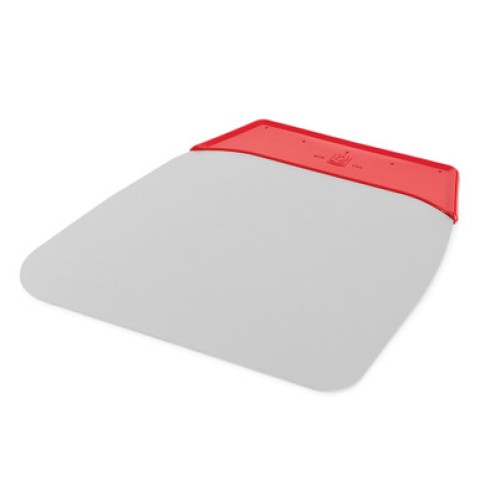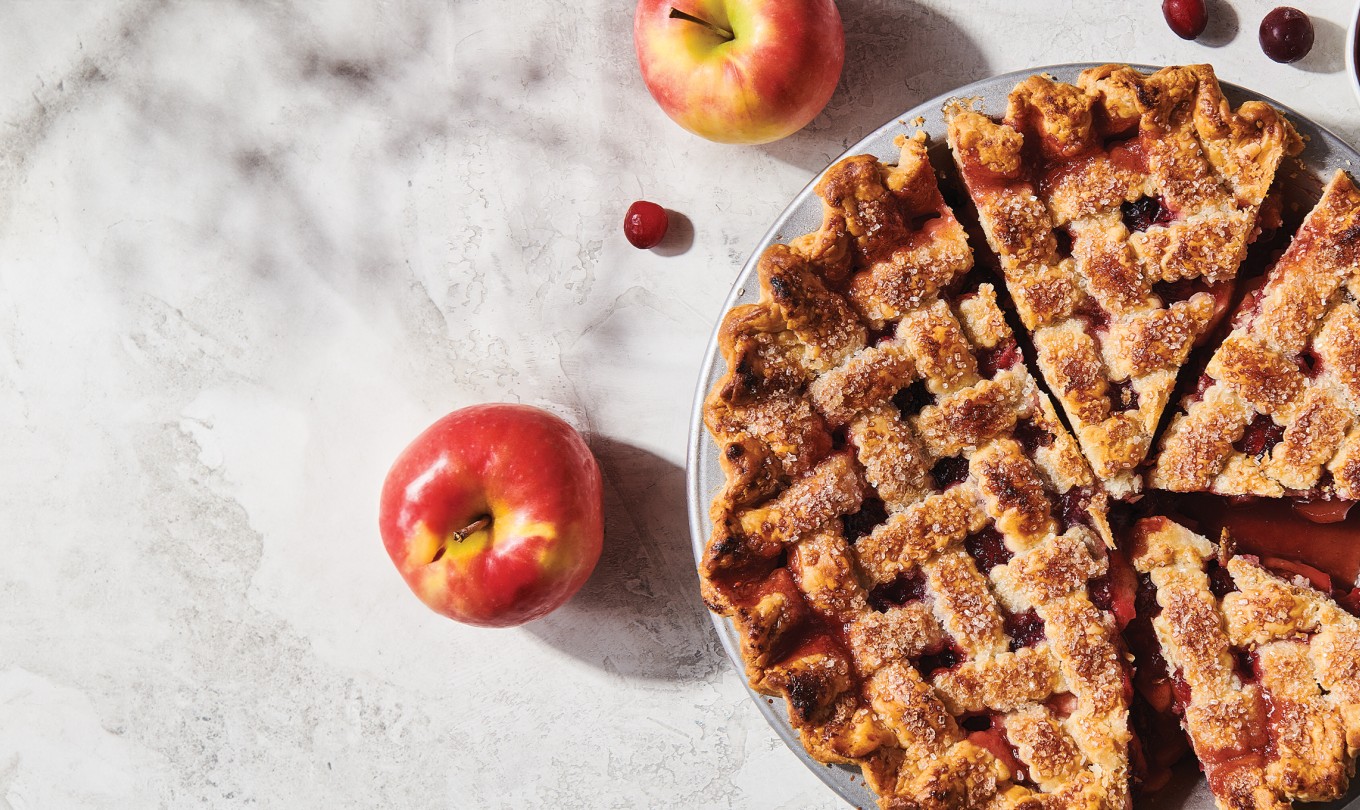
Pie
Start here
Pie is simple to bake, but it’s also intimidating — no one likes a soggy bottom! If you’re nervous about making pie, we’re here to help: from making pie dough to assembling in the pan to baking with a perfectly set filling.
Recipes to start with
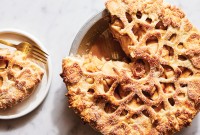
Classic Double Pie Crust
Great pie starts with great crust. Our classic version is made with shortening for easy handling and butter for rich flavor.
Get the recipe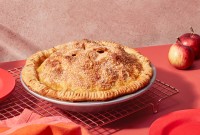
Apple Pie
This classic pie is generously spiced and features an abundance of apples for a hearty, flavorful filling.
Get the recipeFrequently asked questions
What should I do if my pumpkin pie keeps cracking?
It's all about timing. Pulling your pie out of the oven within its optimum baking window — fully baked, but not overbaked — will prevent any cracks. The fully baked pumpkin pie will look slightly domed and solid around the edges and a bit sunken and soft in the center; not sloshing like liquid, but jiggling like Jell-O. Read more.
How long does pie last in the fridge?
If you can, serve pies the day they were made instead of refrigerating them. But if you do need to store your pies ahead, apple and other fruit pies keep at room temperature for up to two days, then in the fridge for two more; pumpkin, custard, or other egg/dairy-based pies can be stored in the fridge for up to four days. Pie dough can keep for two to three days in the fridge, or up to three months in the freezer. Read more.
Does the type of pie pan I use affect my crust?
We prefer metal pie pans for their excellent heat conduction, but glass and ceramic pie pans work well too. Rest assured: No matter what kind of pan you have, you can still make great pie. Read more.
Can I make pie crust in a stand mixer?
Yes! This is one of our favorite methods: It ensures consistent results, can keep the pastry cooler, makes big batches a breeze, and is helpful for bakers dealing with hand pain, chronic fatigue, and other physical conditions that can make pastry difficult. Read more.
How do I prevent soggy bottoms?
There are several techniques you can use to prevent a soggy bottom in your pie. We recommend baking in a metal pie pan, prebaking your pie crust, and/or baking on a pizza stone. You can also use a secret many bakers swear by: crust dust, a simple mixture of equal parts flour and sugar that you sprinkle on the bottom of the crust before you add the filling. Read more.
Expert advice
